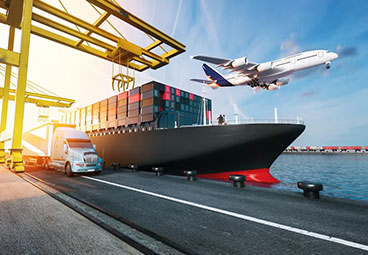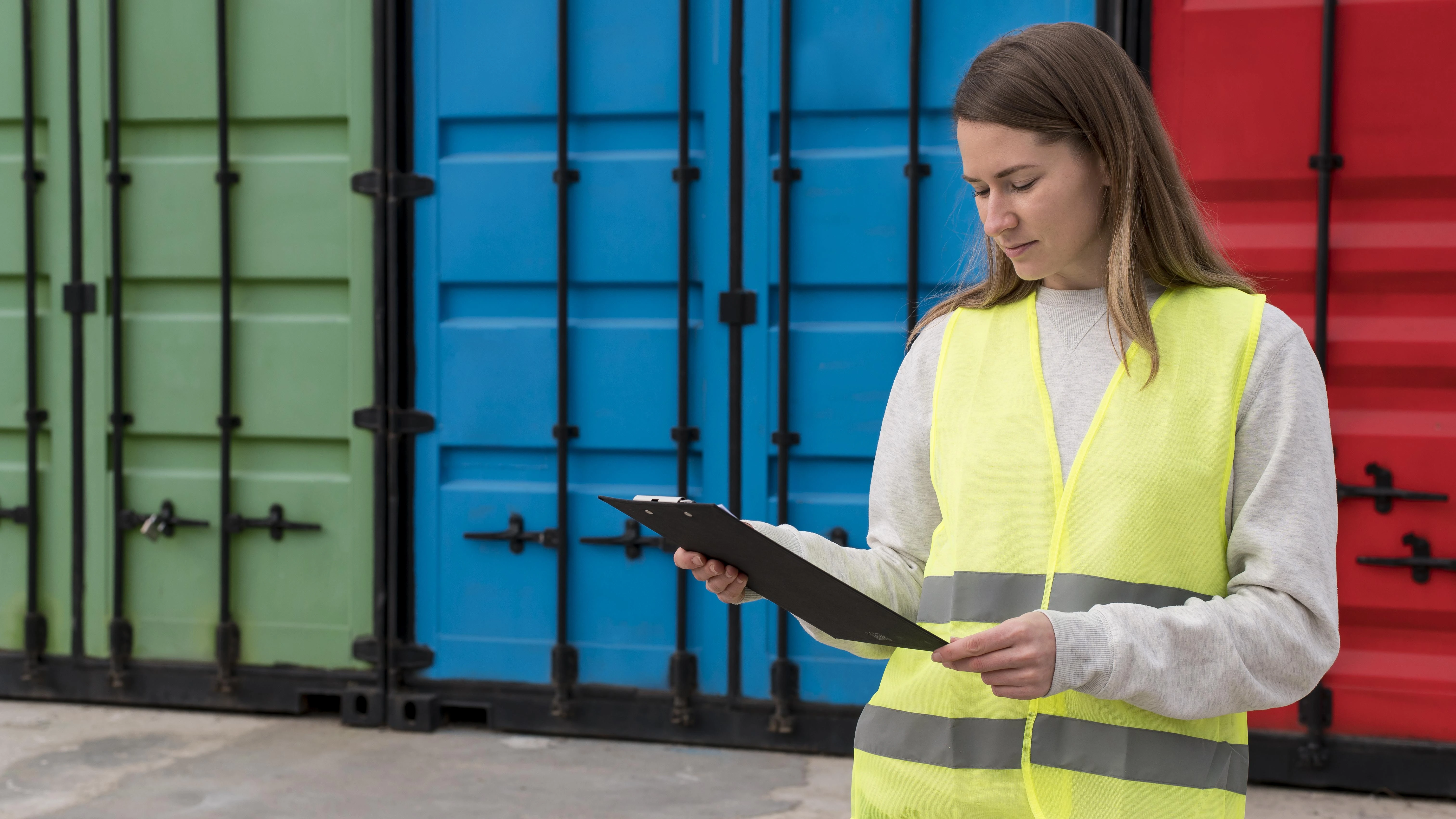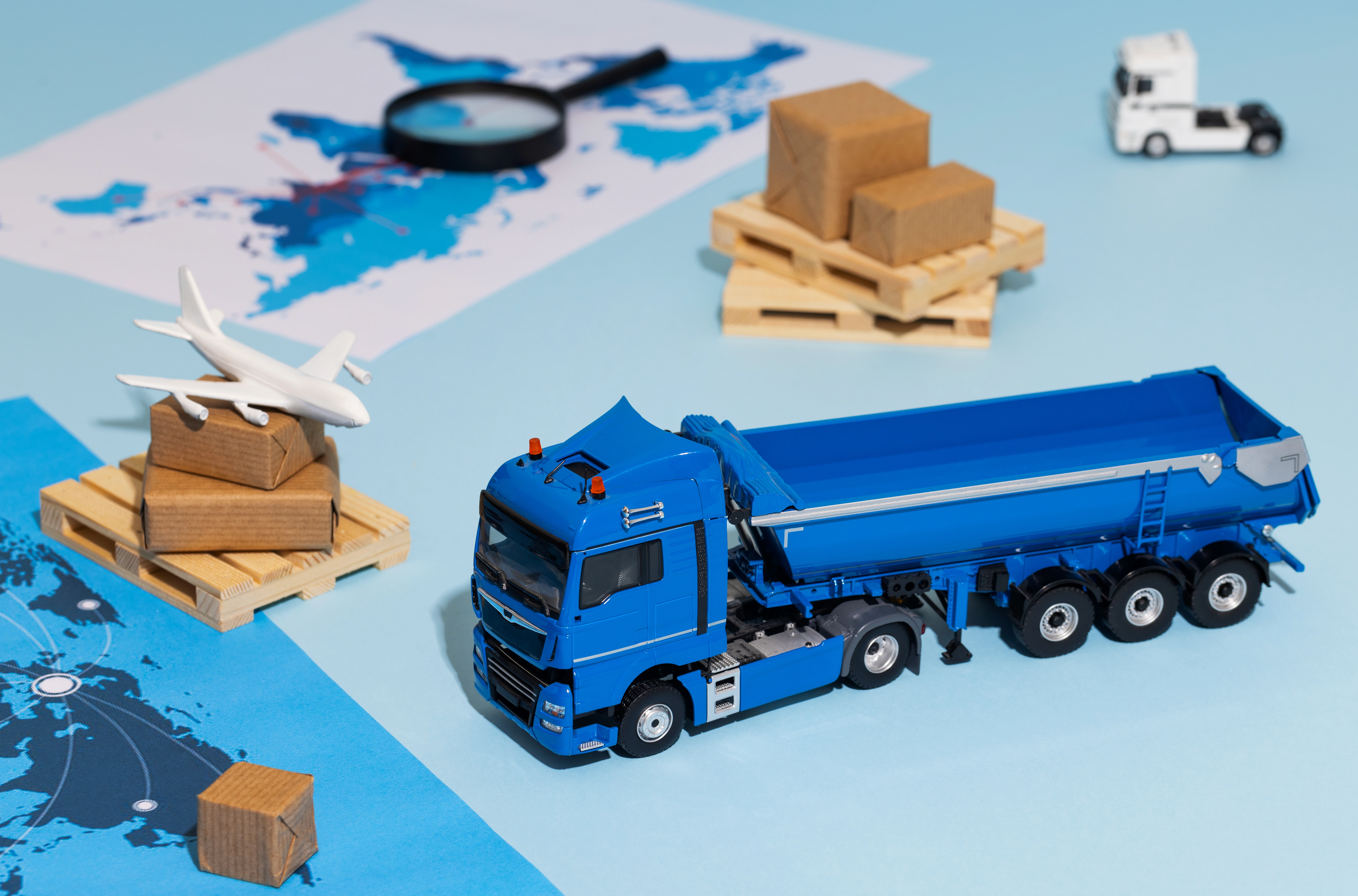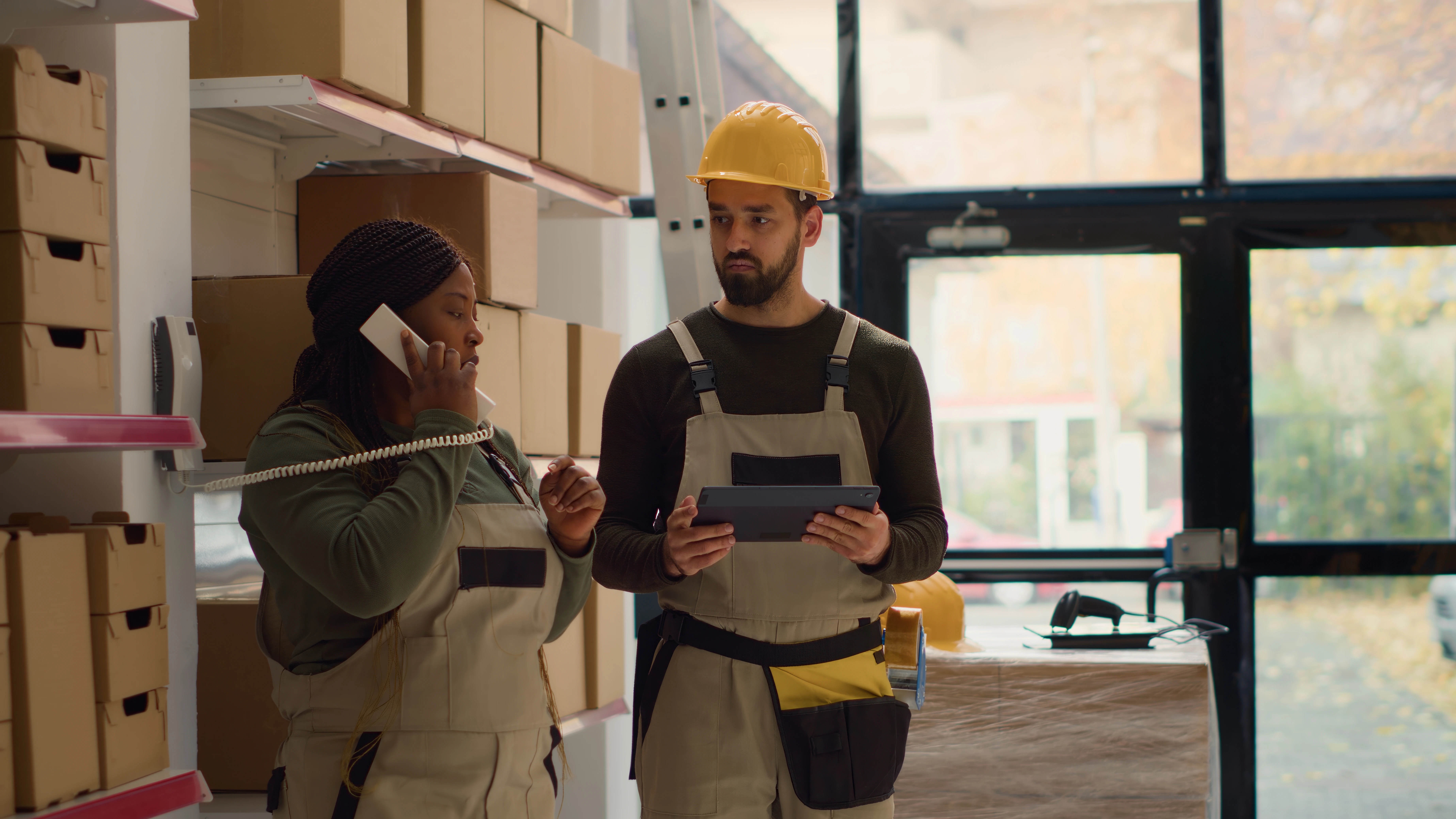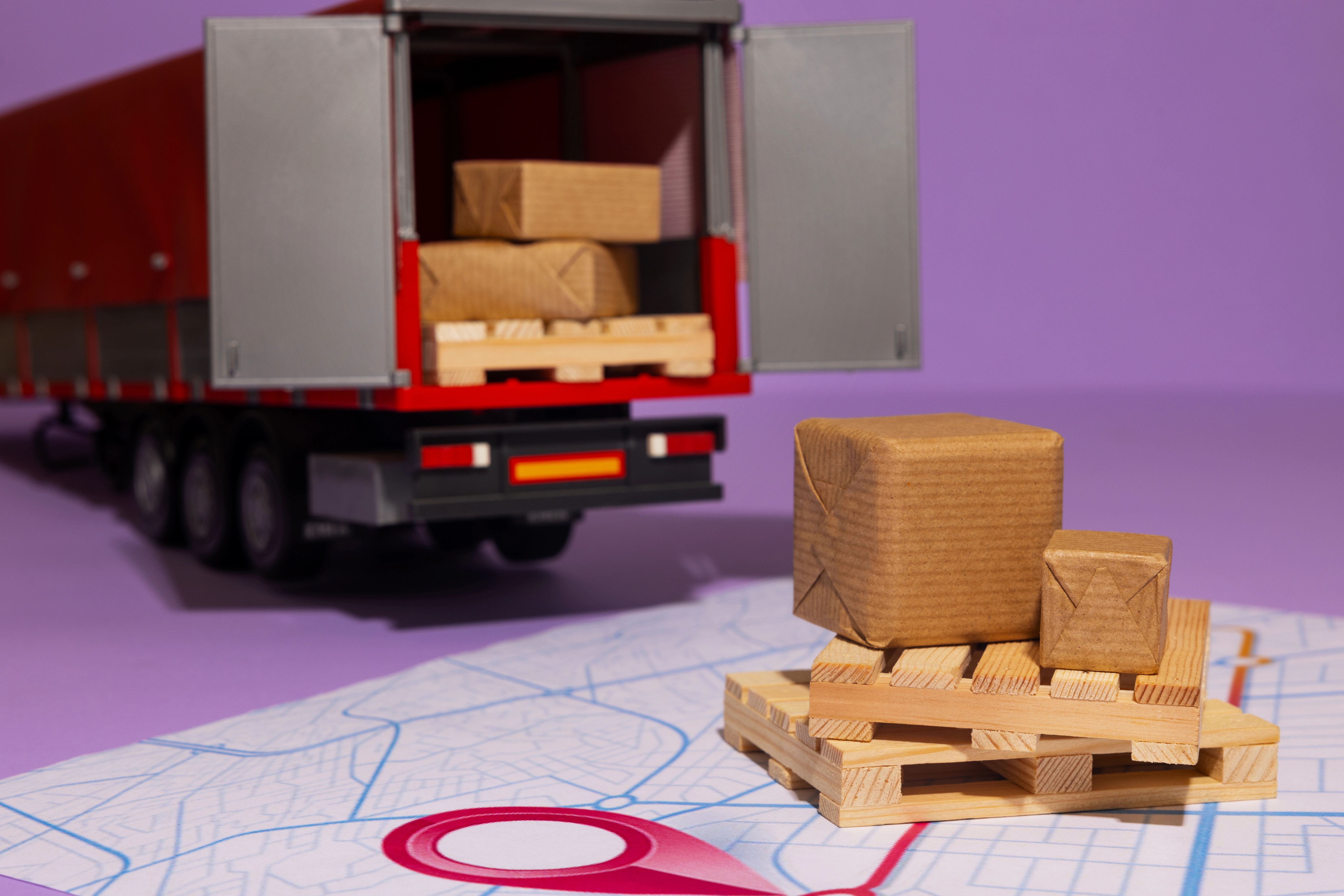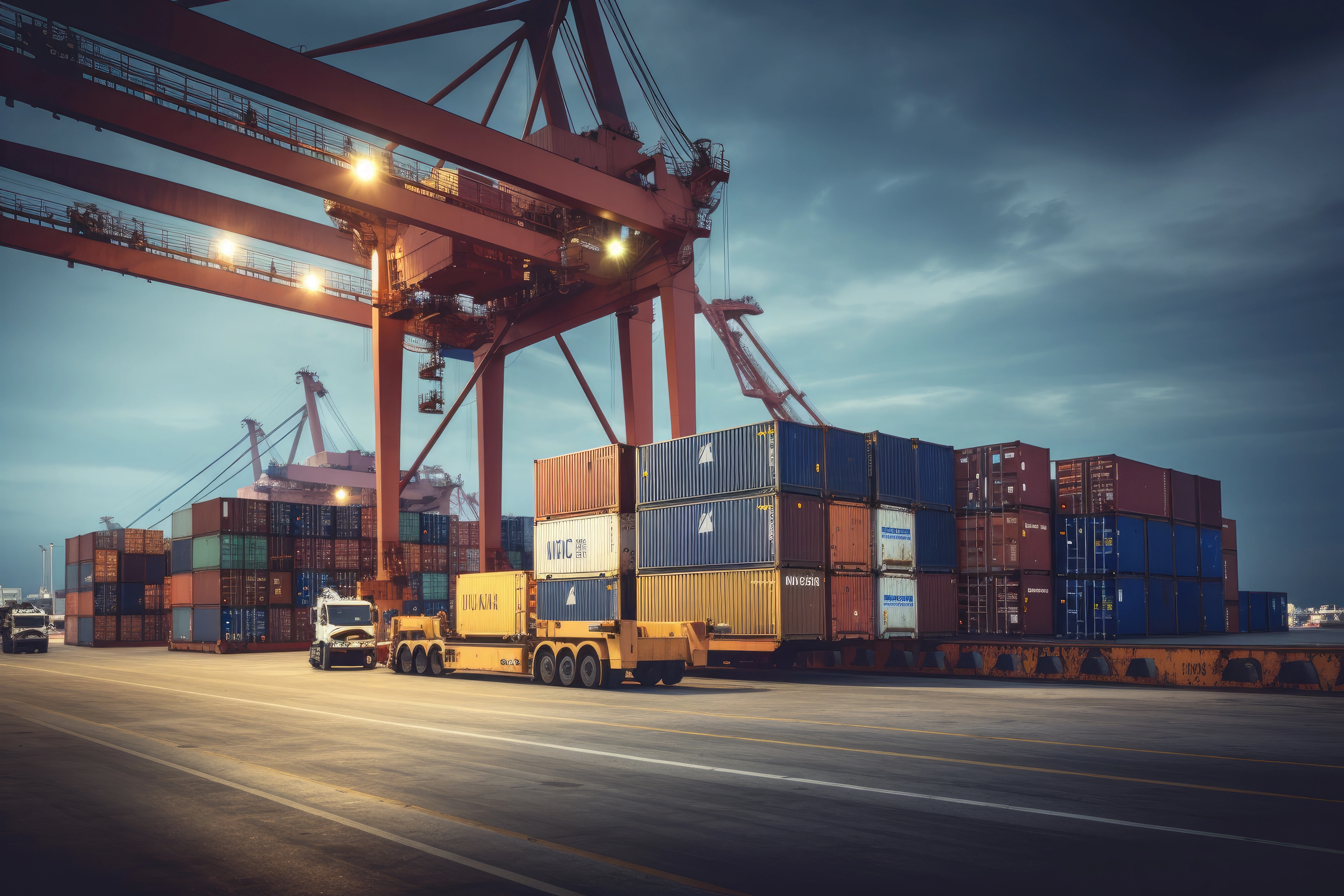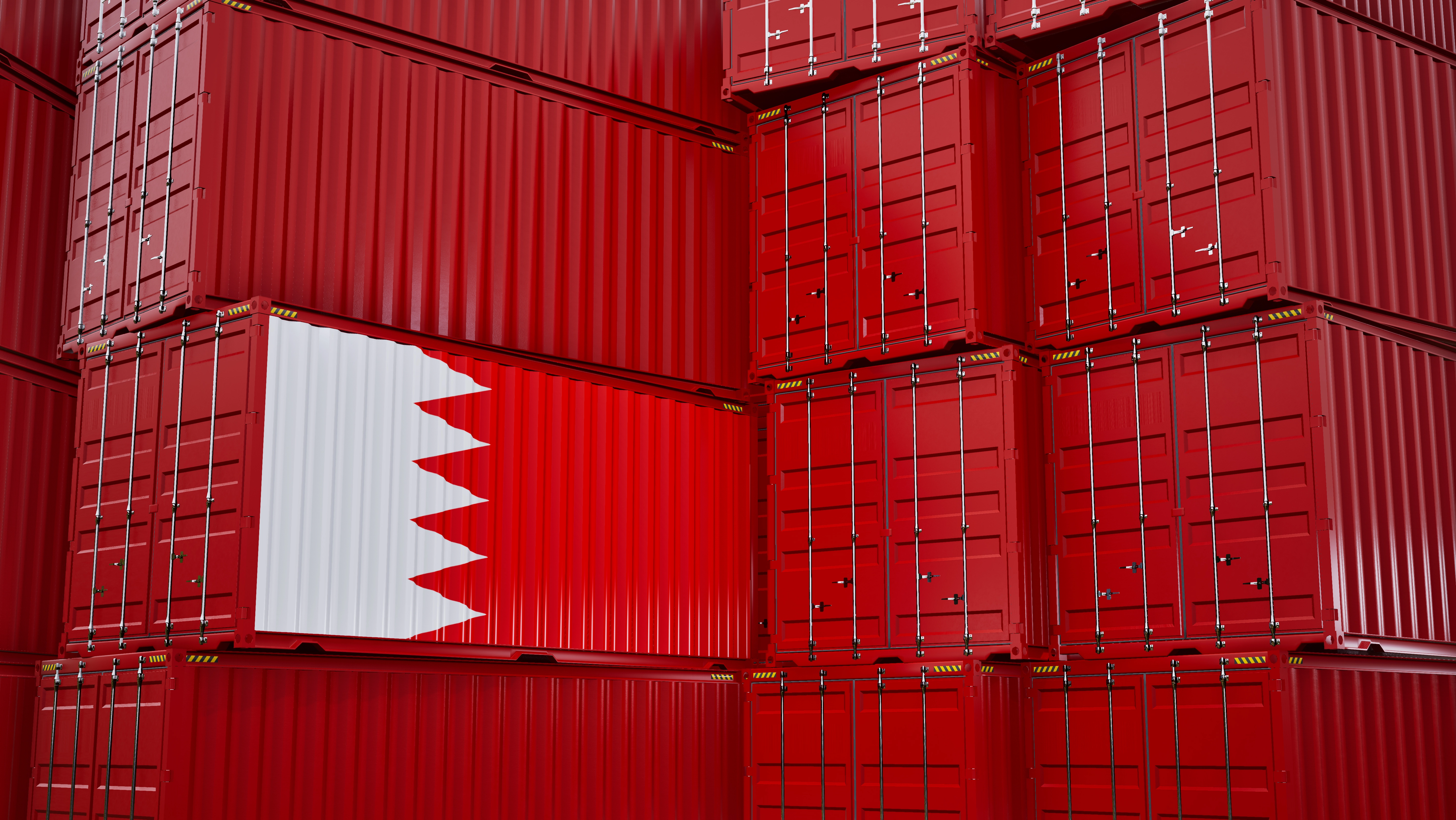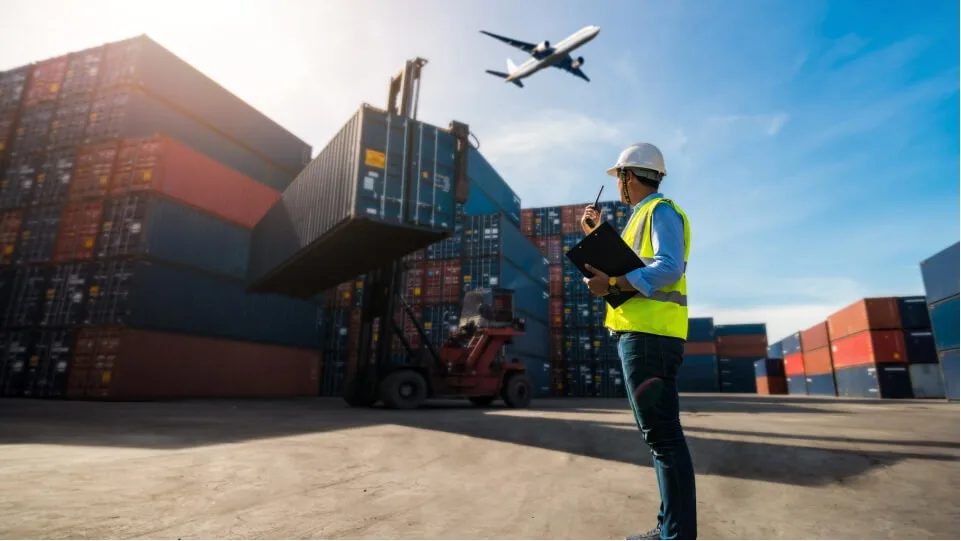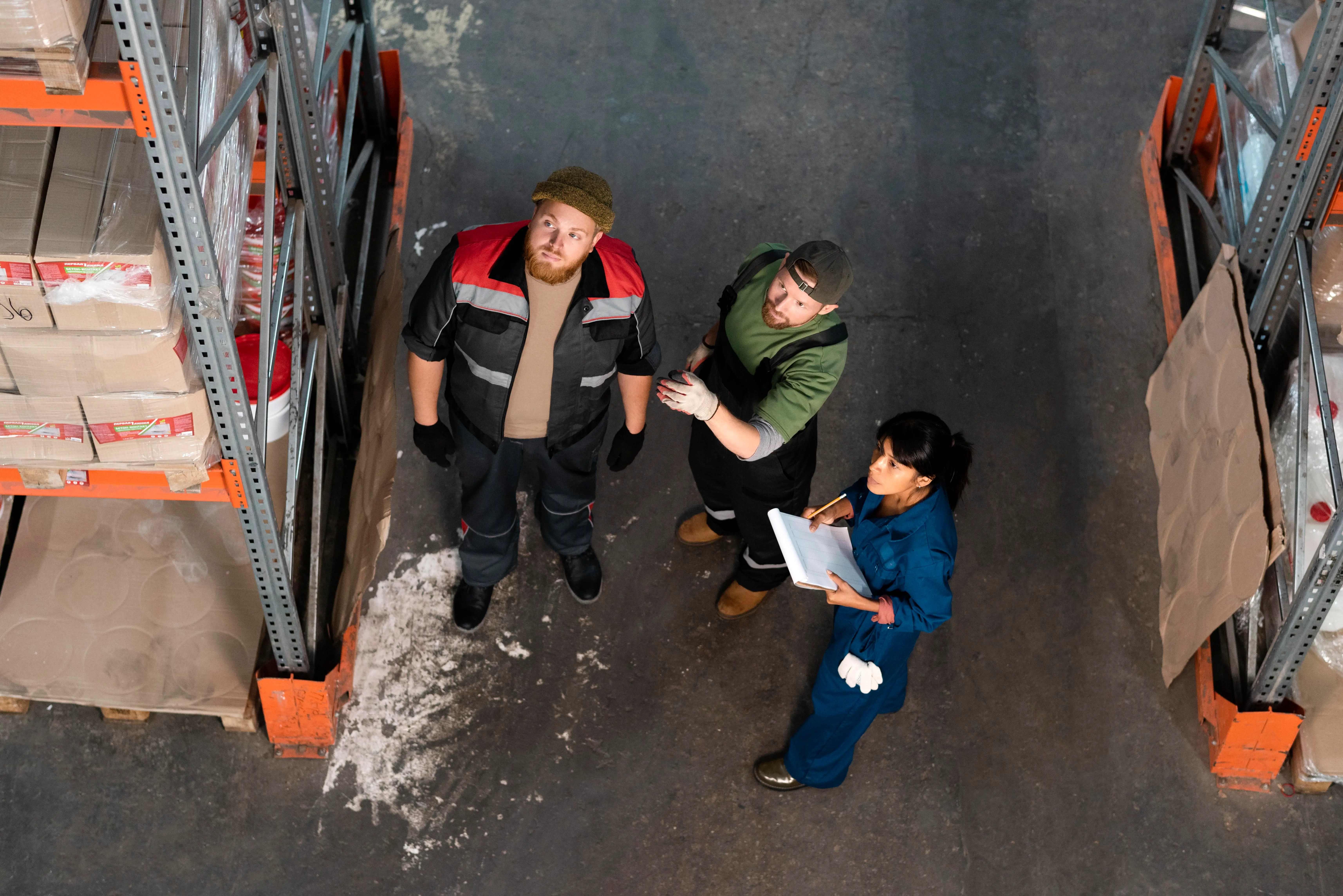- +974 30210933
- Birkath Al Awamir,Gwc Logistics Park C Warehouse No: B3-A13-35
- info@unicorngulf.com
Blog Details
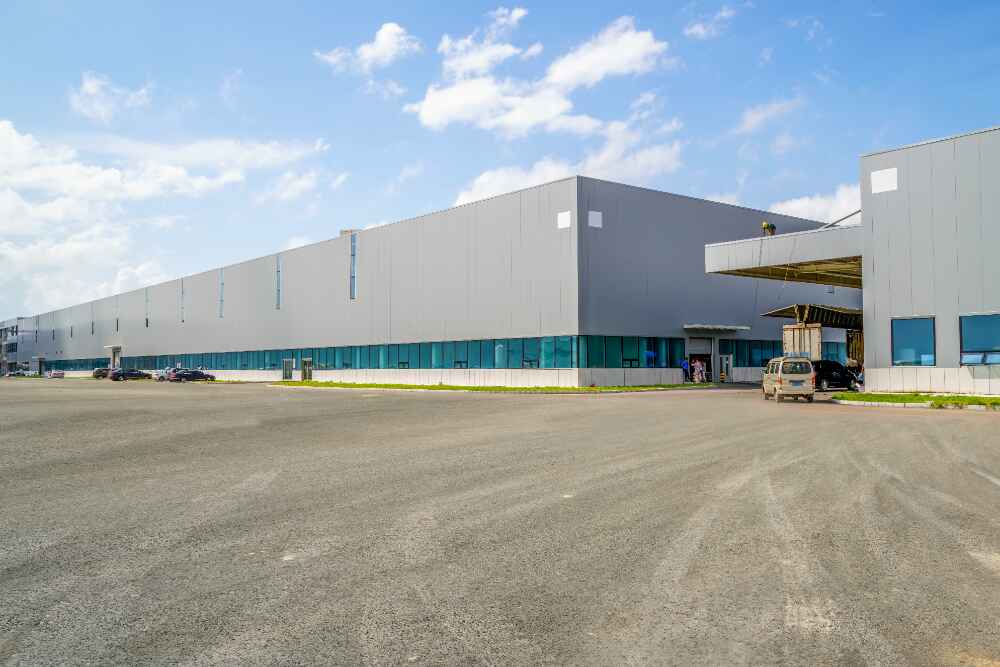
How Smart Warehousing is Transforming Qatar’s Logistics Industry
As Qatar continues to strengthen its position as a key global trade hub, the logistics sector is evolving rapidly to meet the demands of modern commerce. One of the most significant innovations in this transformation is the rise of smart warehousing in Qatar(gwc qatar). By integrating advanced technologies like automation, artificial intelligence, and the Internet of Things (IoT), smart warehousing is revolutionizing how goods are stored, managed, and distributed. This blog explores how the adoption of smart warehousing in Qatar is driving greater efficiency, sustainability, and competitiveness in the logistics industry.
The Shift from Traditional to Smart Warehouse in Qatar
Traditional warehouses served as static storage facilities where goods were manually organized and dispatched. While effective in simpler supply chain models, this system has struggled to keep up with the dynamic demands of modern trade. Factors such as increasing consumer expectations for fast deliveries and the complexities of inventory management have exposed the inefficiencies of outdated methods.
Smart warehousing addresses these challenges by integrating technology at every stage of the process. From automated sorting systems to IoT-enabled inventory tracking, these advanced solutions optimize operations, reduce costs, and improve customer satisfaction. A smart warehouse in Qatar(qwc qatar) exemplifies these innovations, as the country's logistics companies increasingly invest in cutting-edge technologies to remain competitive in a rapidly evolving market.
Key Features of Smart Warehousing
Automation and Robotics:
Automation lies at the heart of smart warehousing. Tasks like picking, packing, sorting, and dispatching are handled by robots, drastically reducing the chances of human error. Autonomous guided vehicles (AGVs) and robotic arms also ensure faster and more accurate handling of goods.
IoT and Real-Time Monitoring:
IoT-enabled sensors and devices allow warehouses to monitor critical factors like inventory levels, temperature, and humidity. Real-time data ensures that goods are stored in optimal conditions and enables quick decision-making to address any anomalies.
AI-Driven Predictive Analytics:
Artificial intelligence plays a pivotal role in forecasting demand, optimizing inventory, and minimizing wastage. AI-powered systems analyze historical data and market trends to anticipate future needs, ensuring warehouses are always prepared for fluctuations in demand.
Cloud-Based Integration:
Cloud computing enables seamless communication between different parts of the supply chain. Warehouse managers in Qatar can access real-time data from any location, ensuring transparency and streamlined coordination with suppliers and distributors. This enhances efficiency and enables quicker decision-making in a competitive logistics environment.
Energy Efficiency:
Smart warehouses in Qatar prioritize energy efficiency by incorporating advanced technologies such as energy-efficient lighting, climate control systems, and solar power solutions. These innovations not only reduce operational costs but also align with Qatar’s sustainability goals, supporting the nation's vision for a greener and more sustainable future.
Benefits for Qatar’s Logistics Industry
The integration of smart warehousing technologies is revolutionizing Qatar’s logistics sector in several ways:
Enhanced Efficiency:
Automation and data-driven processes significantly reduce the time taken for order fulfillment and inventory management. This helps companies meet tight deadlines and improve customer satisfaction.
Cost Savings:
While the initial investment in smart warehousing may be high, the long-term savings from reduced labor costs, minimized errors, and optimized resource usage are substantial.
Sustainability Goals:
Qatar is committed to achieving environmental sustainability. Smart warehouses, with their energy-efficient designs and waste reduction capabilities, align with these national objectives.
Scalability and Flexibility:
Smart warehouses can adapt to changes in market demand, making them ideal for a growing economy like Qatar’s. As businesses scale up, these facilities ensure that operations remain smooth and efficient.
Improved Accuracy:
Technology-driven processes eliminate the manual errors common in traditional warehouses, ensuring precise inventory management and order processing.
Real-World Applications in Qatar
Several logistics hubs in Qatar, including those in the Qatar Free Zones, have embraced smart warehousing solutions. These warehouses in Qatar utilize advanced technologies to handle high volumes of goods efficiently while ensuring compliance with international standards. For instance, the integration of blockchain in some facilities has improved transparency and security throughout the supply chain.
The increasing use of smart warehousing is helping Qatar achieve its goal of becoming a global logistics hub. By leveraging state-of-the-art warehouse technologies in Qatar, the nation is enhancing its competitiveness in international trade and solidifying its position as a key player in the global logistics industry.
Challenges in Adopting Smart Warehousing
While the benefits are clear, implementing smart warehousing in Qatar is not without challenges. These include:
High Initial Costs: The upfront investment in advanced technologies can be prohibitive for smaller businesses.
Skilled Labor Shortage: Operating and maintaining smart warehouse systems require specialized skills, which are currently in limited supply.
Technological Integration: Combining new systems with current infrastructure can be complicated and take time.
Cybersecurity Risks: The reliance on digital systems makes smart warehouses vulnerable to cyberattacks, necessitating robust security measures.
Despite these challenges, the long-term advantages of smart warehousing outweigh the initial hurdles, making it a worthwhile investment for forward-thinking businesses.
Conclusion
Smart warehousing is a game changer for warehousing in Qatar, offering substantial benefits in terms of efficiency, cost savings, scalability, and sustainability. As Qatar’s logistics industry continues to evolve, the adoption of smart warehousing technologies will play a pivotal role in shaping its future.
Businesses that embrace this transformation will be better positioned to meet the demands of modern trade, driving Qatar’s position as a global logistics powerhouse. The future of warehousing in Qatar is undeniably smart, and those who adopt it will reap the benefits of this technological evolution.


